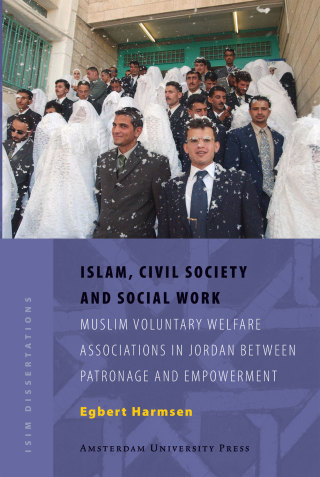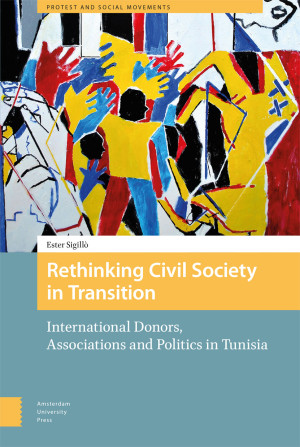Ester Sigillò is a Junior Assistant Professor at the University of Bologna. She holds a Ph.D. in Political Science from the Scuola Normale Superiore (Florence). During her doctoral activities, she served as visiting fellow at the Institut de Recherche sur le Maghreb Contemporain (IRMC) in Tunis and as a research fellow at the ERC-funded project TARICA. After her doctoral studies, she served as a Max Weber Fellow at the Robert Schuman Centre for Advanced Studies at the European University Institute (Florence). From 2020 to 2022, she was a postdoctoral researcher under the framework of the ERC-funded project BIT-ACT at the University of Bologna. Her research interests include democratization, dynamics of contention, and Islamic activism in the Maghreb. Among her most recent publications: “Understanding the transformation of Political Islam beyond party politics: the case of Tunisia” in Third World Quarterly, “Digital media, diasporic groups, and the transnational dimension of anti-regime movements: the case of Hirak in Algeria” in Review of Communication (co-authored), “The Evolution of Tunisian Salaf.ism after the Revolution: From La Maddhabiyya to Salaf.iMalikism” in International Journal of Middle East Studies (co-authored). Ester is also Adjunct-Faculty at Georgetown University (Florence Campus), where she teaches ‘Comparative Political Systems in the Mediterranean World.’

